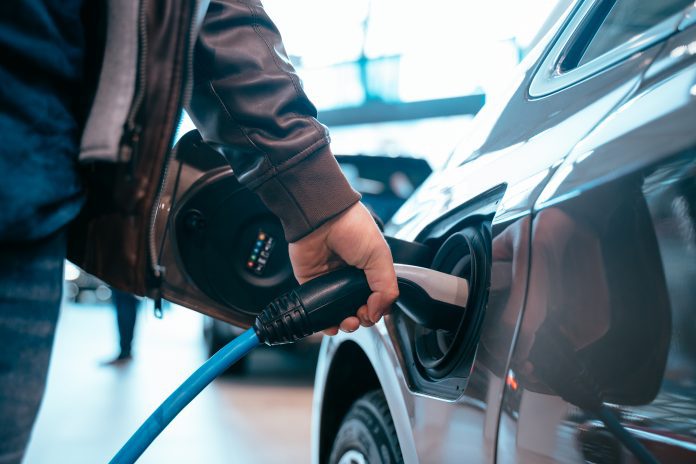With the Treasury Department’s new domestic sourcing guidelines for electric vehicle batteries now in effect, two major players in the U.S. automotive sector have updated the tax credit statuses for their EV models.
General Motors made its announcement on April 17, one day before the policy revisions began to apply. The automaker told consumers that every EV in its lineup would still qualify for the full tax credit of $7,500, with one caveat: buyers would need to choose models fitting the Biden Administration’s MSRP caps. Since the passing of the Inflation Reduction Act, the maximum prices for small and midsize vehicles have been $55,000 and $80,000, respectively.
Several days later, Volkswagen revealed it would be the only foreign brand to earn the full tax credit on an EV under the Treasury’s new policies. The ID.4 SUV will remain eligible for the total $7,500 incentive as it is built at a Tennessee facility owned by the German automaker. The vehicle’s battery is also domestically sourced since its supplier, South Korean manufacturer SK On, makes the units in Georgia.
Although many automakers expressed concerns that the Treasury’s tax credit rules would impact EV sales, most brands will continue to earn partial to full incentives on many models. Earlier this week, research from NPR found only one vehicle, the Volvo S60, would completely lose its qualifying status under the new domestic sourcing policies. However, as several companies have yet to confirm which of their products will still be eligible, and more strict regulations are expected to arrive in the coming years, the list of eligible products could soon grow much smaller.




